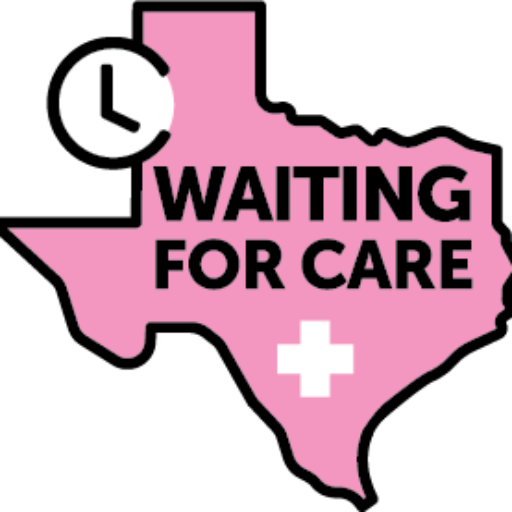Patient Story
Suzi Clary
Nurse Practitioner-Patient Relationship Key to Surviving Severe Health Challenges
Suzi Clary, living in a small town called Post, Texas, about 45 minutes outside Lubbock, knew she needed a checkup complete with screenings to ensure her continued good health. But she had pressing family concerns that required a great deal of time and, in a small town, getting things like a mammogram are harder than they should be.
“Small towns are spread out. You drive far. You have to wait. You have to be scheduled months in advance to get in.”
However, Suzi’s nurse practitioner, Anais Molina, insisted she get the test and helped facilitate it.
“A lot of our small towns don’t have the capability to do those things,” Anais said. “And our patients just don’t want to do them if it’s going to require them to travel or go navigate a big hospital system. But I was pretty insistent … and Suzi eventually agreed.”
Suzi got the mammogram. A few days later, she was asked to take another. “I just had this nagging feeling that something just wasn’t quite right.”
The second test confirmed something was wrong, and a biopsy gave them the concerning news: Suzi had breast cancer.
“We started her care from there,” Anais said.
That included trips to McKinney of more than four hours one-way for appointments with an oncologist she knew, trips that not only involved extensive travel, they forced her to spend significant time away from her family. That included remaining in a McKinney hotel for follow-up medications and treatments.
Anais, however, was there to help. She worked with the oncologist and arranged to have some of those medications and treatments delivered locally, freeing Suzi to return home to her family sooner.
“My nurse practitioner made that available to me so I could get that done, so I could take care of my family and take care of me,” Suzi said. “She went above and beyond for me. And she cared.”
It’s the kind of relationship that saves lives. Suzi met with a medical professional who cared, who insisted she get the tests she needed to identify a life-threatening condition, and worked with her and her oncologist to coordinate care and relieve some of the burden it was placing on Suzi and her family.
“(Anais and my oncologist) went back and forth a lot,” Suzi said. “They say it takes a village, and in my case it did.”
From 2017-2021, breast cancer accounted for nearly 31% of all newly diagnosed invasive cancers among Texas women. Breast cancer is the most common cancer and is the second leading cause of cancer deaths among women in Texas.
Without access to the basic healthcare Suzi needed, she wouldn’t be here today. And yet, Texas law continues to make it more difficult for nurse practitioners to practice. “We all know that the earlier we catch something, the more we can do about that, and more lives will be saved as a result,” Anais said. “Having more providers that are trained and equipped to provide these screenings is vitally important.”
Both women agreed modernizing the law by removing the delegation requirement – as xxx states already have, along with all branches of the U.S. military – would mean less waiting for critically needed care for women across Texas, in towns big and small.

